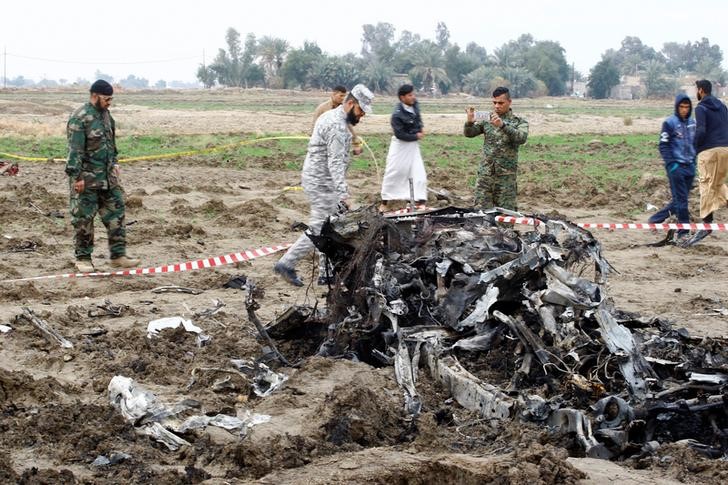Najaf – Ultra-hardline terror group ISIS staged a fierce attack against a police checkpoint near the southern Iraqi city of Najaf on Sunday, killing seven policemen. The horrific attack was seen as retaliation to government forces making sweeping advances against militants in Mosul, their last major stronghold in the country.
The recapture of Mosul would probably end the group’s self-styled caliphate in the areas it seized in 2014, but the militants would still be capable of fighting a guerrilla-style insurgency in Iraq, and plotting or inspiring attacks on the West.
The Najaf attack, which involved gunmen and a suicide car bomb, followed blasts a day earlier in Baghdad that left 29 people dead, a reminder of ISIS’s continued ability to operate away from territory under its control.
In a statement distributed online by supporters, ISIS claimed responsibility for the attack, which also wounded 17 people including civilians. It said four gunmen had opened fire before detonating explosive vests and then a fifth assailant launched a suicide car bomb.
The attack near Najaf, 500 km south of Mosul, happened when two vehicles travelling through the desert were stopped at a police checkpoint around al-Qadisiya town, local police sources said.
Since the U.S.-backed offensive began on October 17, elite forces have retaken a quarter of Mosul in the biggest ground operation in Iraq since the 2003 U.S.-led invasion that toppled Saddam Hussein.
Prime Minister Haider al-Abadi has said the group would be driven out of the country by April.
Although the militants are vastly outnumbered in Mosul, they have embedded themselves among residents, hindering Iraqi forces who are trying to avoid civilian casualties. Despite food and water shortages, most civilians have stayed in their homes rather than fleeing as had been expected.
Thousands more people have fled their homes since the military’s new push began, many under the cover of darkness to avoid detection by ISIS.
